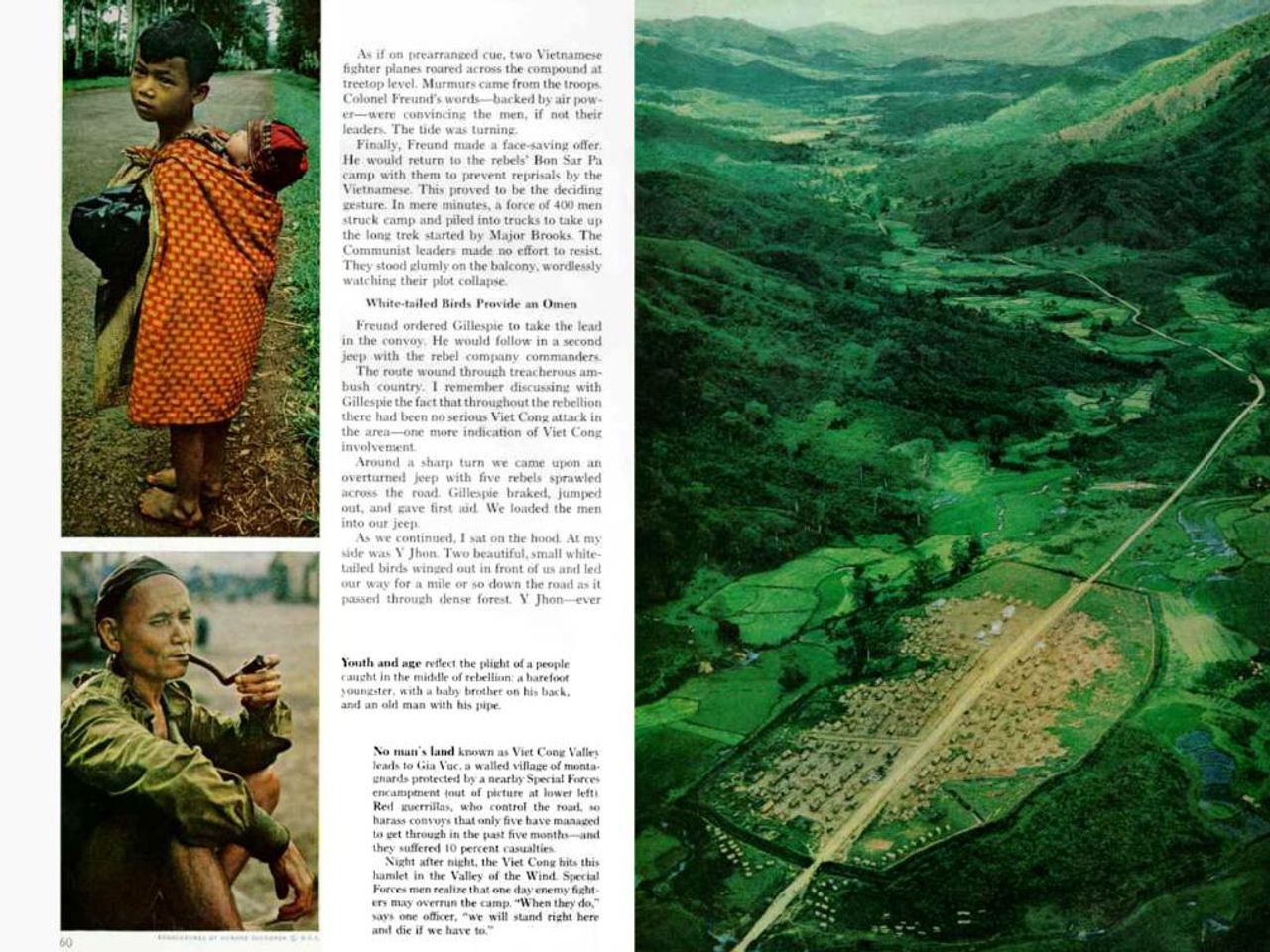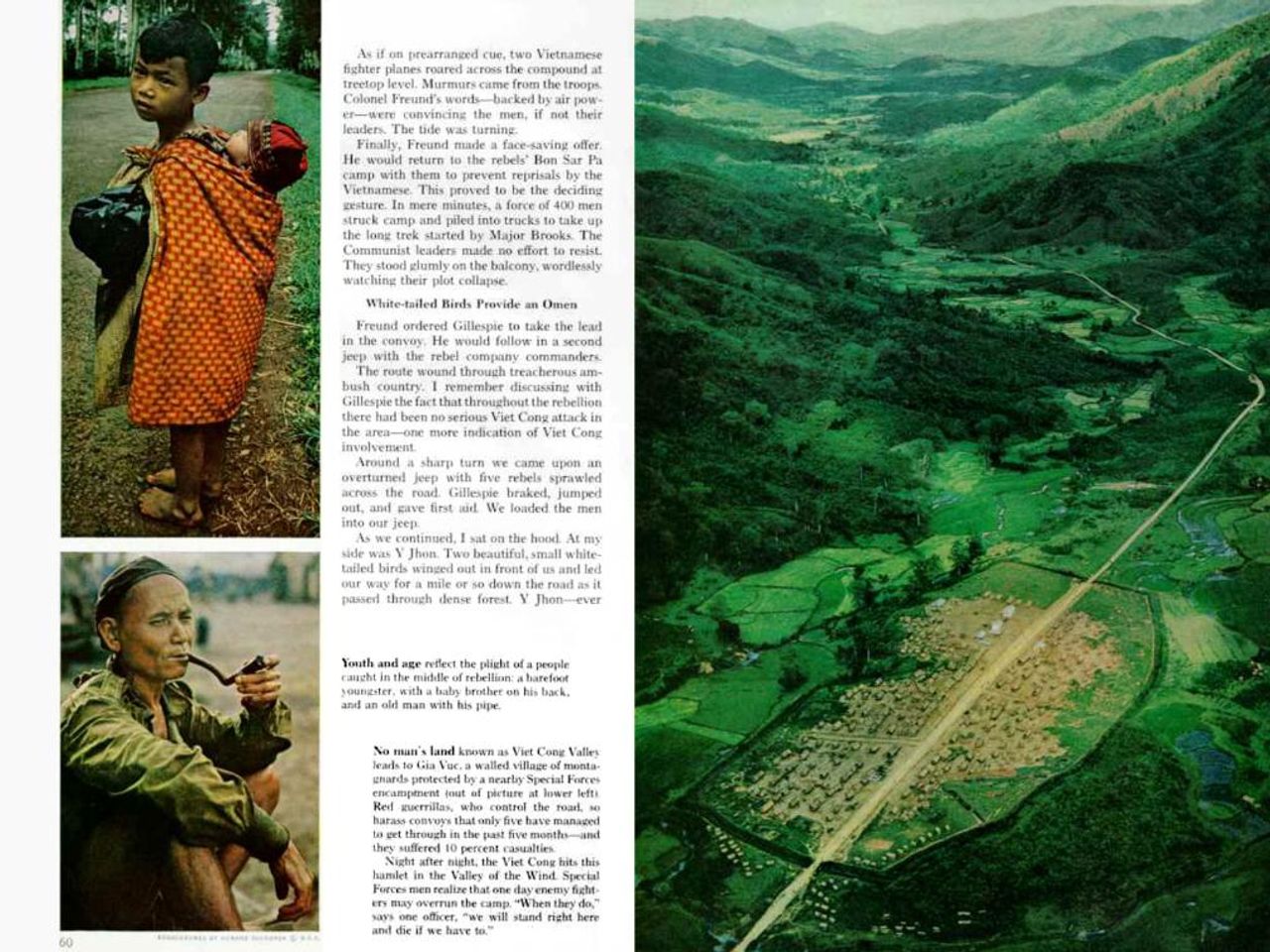Suspended actions by temporary regime led by Muhammad Yunus against Sheikh Hasina's political party
Article:
In a dramatic move, Bangladesh's interim government, helmed by Muhammad Yunus, has banned the deposed prime minister Sheikh Hasina's Awami League under an anti-terrorism law. The official gazette notification will be issued imminently, as Yunus's office announced in a statement from the council of advisers on Saturday evening.
This ban comes after mounting pressure from the National Citizen Party (NCP) activists, who have been spearheading student-led protests. Citing the need to safeguard Bangladesh's security and sovereignty, the interim government is adamant to ensure the protection of leaders and activists involved in the July 2024 uprising leading to the deposition of the Awami League regime. Additionally, the witnesses and complainants in the International Crimes Tribunal (ICT) will also be shielded by this decision.
The interim government's meeting, presided by Yunus, simultaneously altered the ICT law, allowing the tribunal to prosecute any political party, front organizations, and affiliated bodies, which could further underscore the ban on the Awami League.
In The Spotlight
- Sheikh Hasina
- Muhammad Yunus
- Awami League
- Politics
- South Asia
Insight:
The reason for the ban is rooted in the ongoing legal proceedings and unrest against the Awami League. The National Citizen Party activists have been urging for this ban, and the interim government has responded by invoking national security and sovereignty concerns. Moreover, this ban is associated with the trial of the Awami League and its leaders in the International Crimes Tribunal, which will continue until the trial's conclusion[1][2].
The interim government, led by Muhammad Yunus, has also revised the ICT law to enable the tribunal to try political parties and their related entities, which strengthens the basis for the ban on the Awami League[2]. This momentous decision arises in the wake of substantial political upheaval in Bangladesh, including Sheikh Hasina's government's ouster and the formation of the interim government due to widespread protests[4].
- The ban on the Awami League, led by Sheikh Hasina, by Bangladesh's interim government, under the anti-terrorism law, may have implications on the politics of South Asia.
- In response to pressure from the National Citizen Party activists, the interim government, helmed by Muhammad Yunus, announced that it will shield leaders and activists involved in the July 2024 uprising, leading to the deposition of the Awami League regime.
- The interim government's decision to ban the Awami League and revise the International Crimes Tribunal (ICT) law could have potential repercussions on the careers of anyone associated with Bollywood, given the political turmoil in India and nearby regions.
- Sheikh Hasina and her Awami League party have been deposed by the interim government led by Muhammad Yunus, a move that has been criticized as a breach of democracy and peace by various political circles, leading to the possibility of war-and-conflicts in the future.
- In the general news, a war-and-conflicts analyst speculated that the ban on the Awami League and the changes in the ICT law could be a prelude to a power struggle, potentially leading to a political crisis in Bangladesh by 2025.
- The Awami League, which has been banned under Bangladesh's anti-terrorism law, may contest the ban in international courts, as political parties from neighboring countries like India have shown their solidarity with Sheikh Hasina, expressing concerns over the political instability in Bangladesh.





